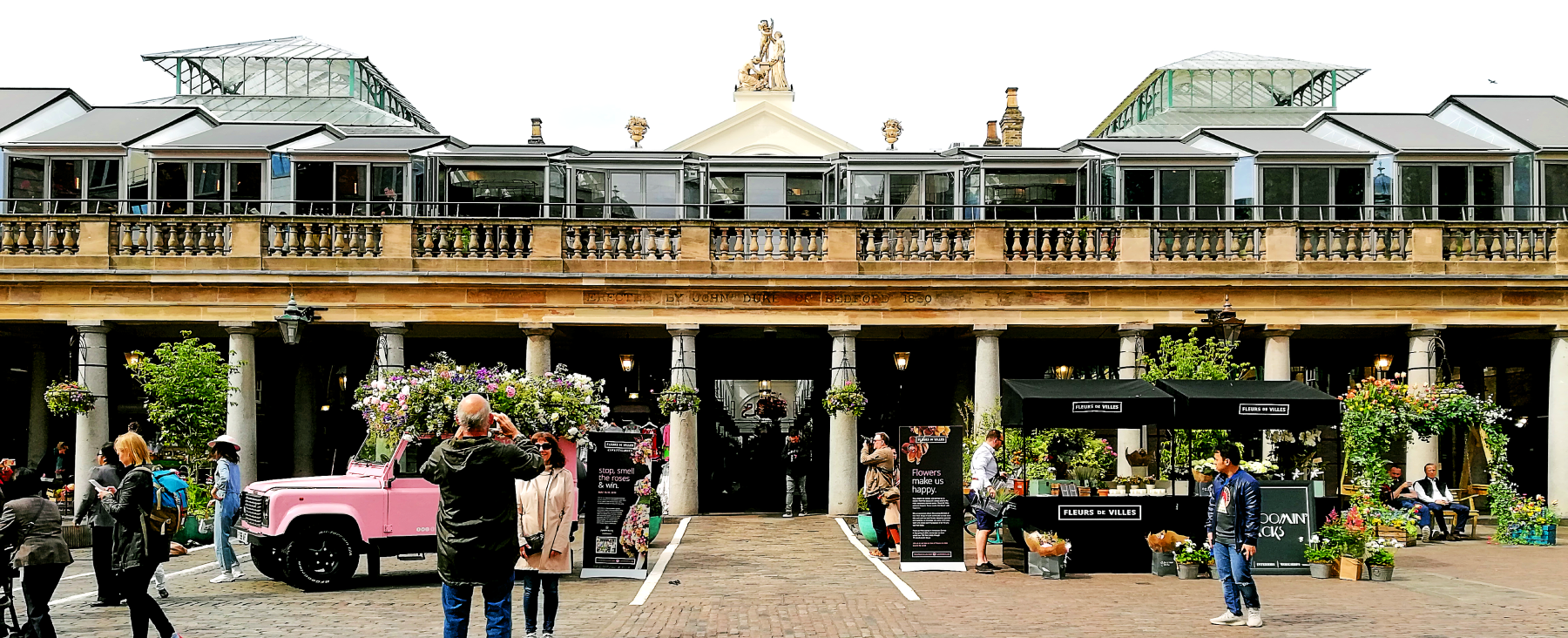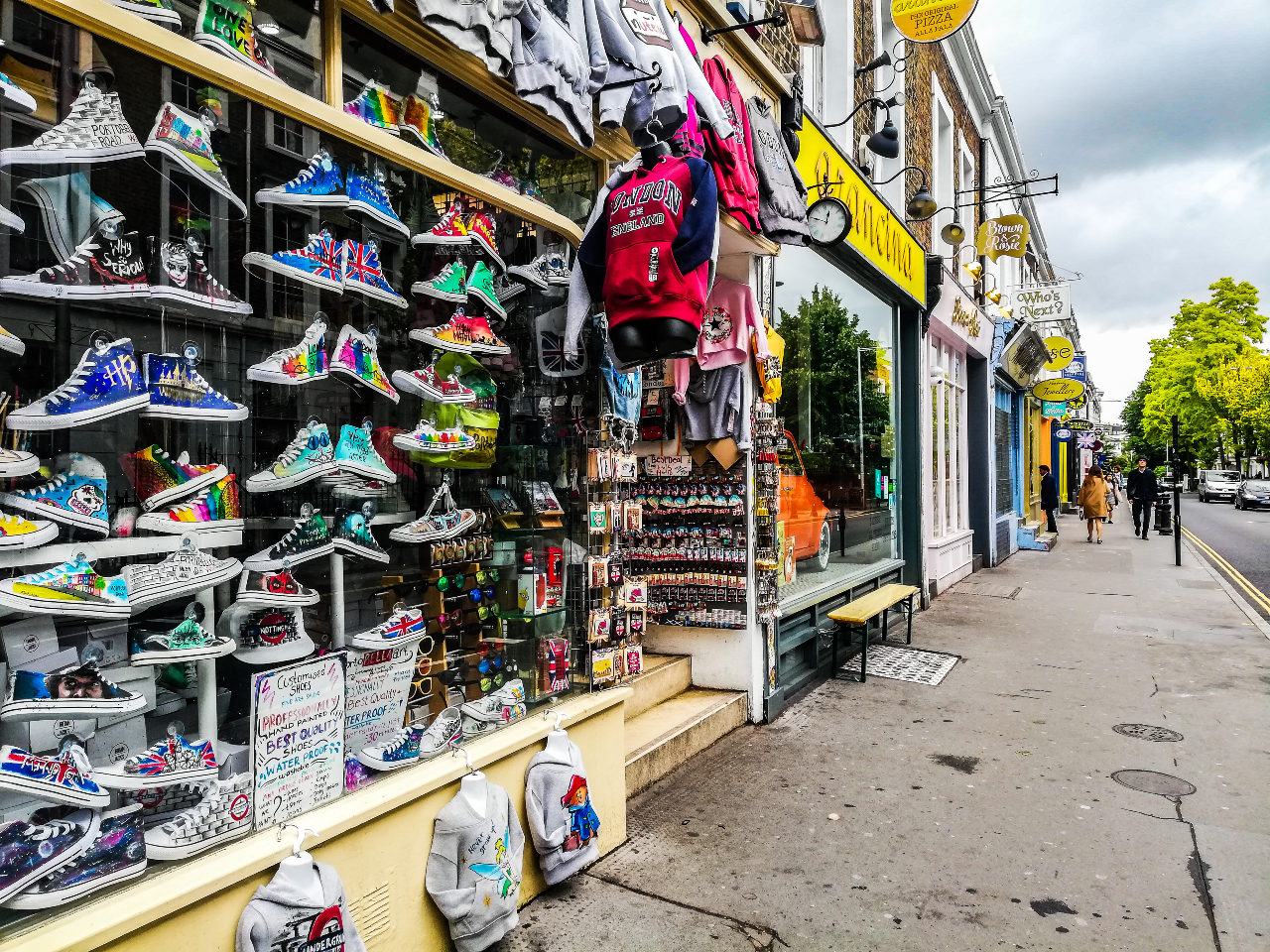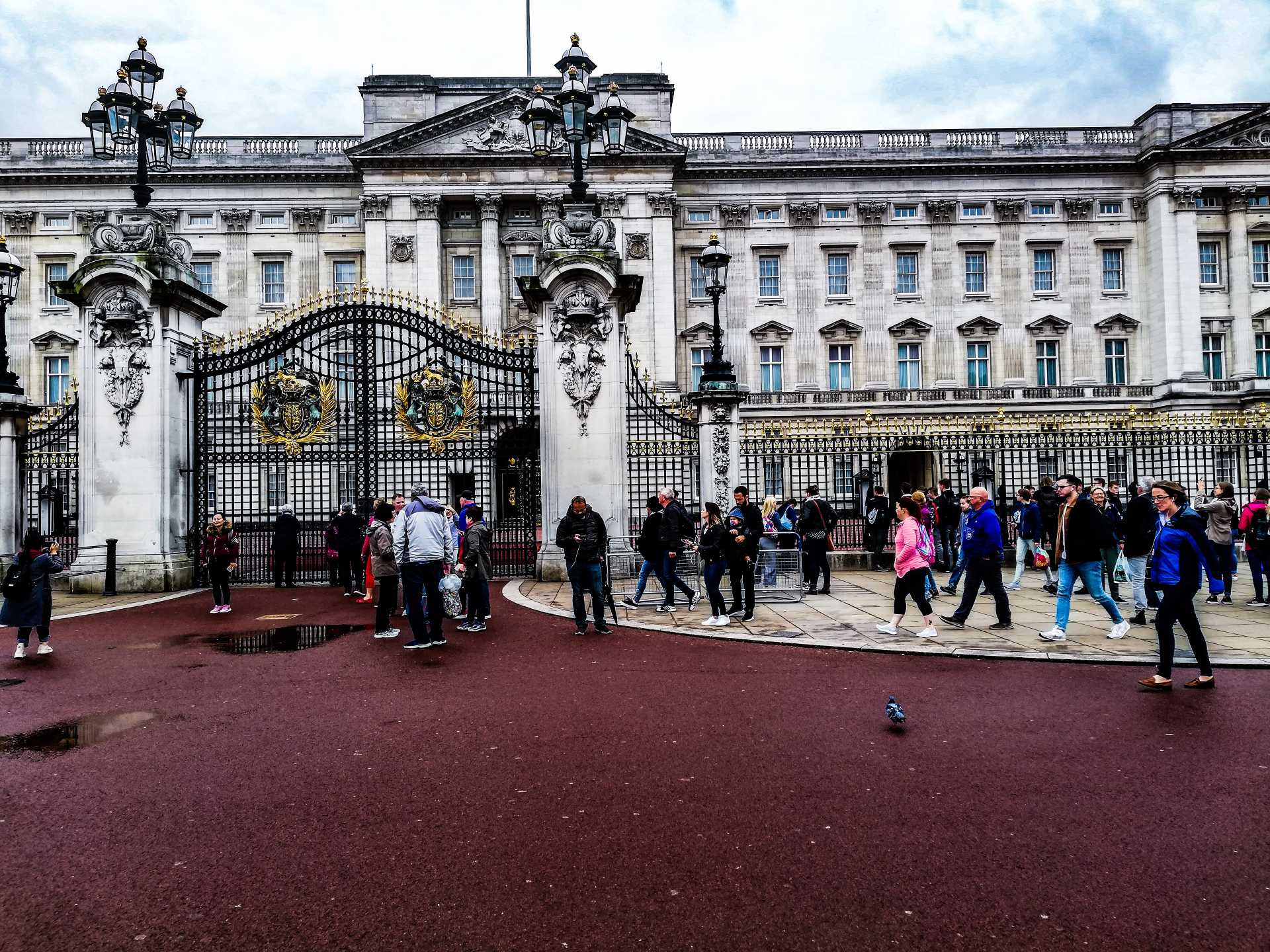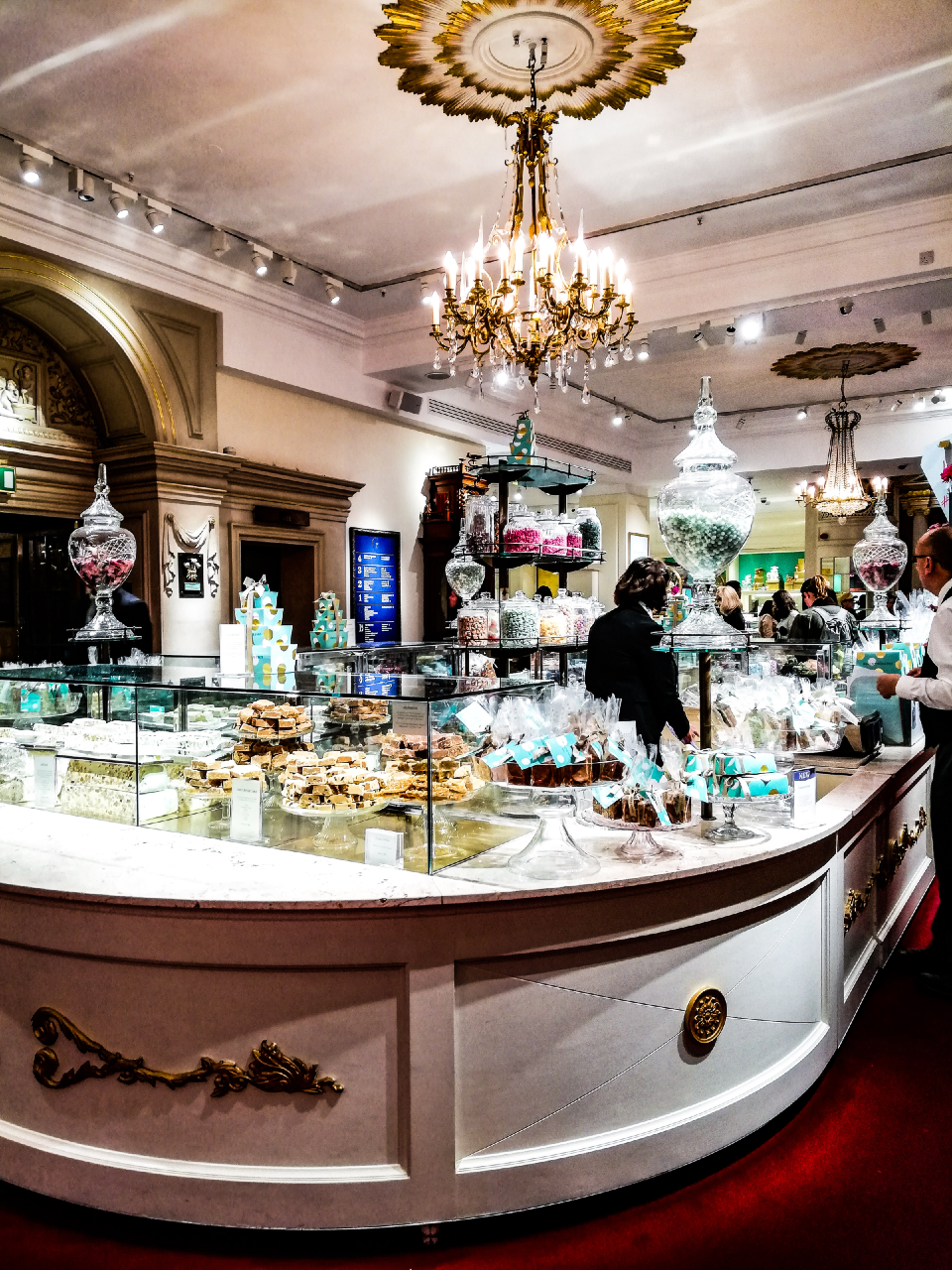United Kingdom
United Kingdom
Remove your hats and bow to her Majesty,
the kingdom of tea and curry,
homeland of freedom and etiquette,
birthplace of playwriters, scientists, gentlemen and madams,
to the ultimate island of contradictions in Europe:
The United Kingdom!
(And North Ireland, just to be geopolitically correct).
Now, if we are speaking of contradictions, UK could really be crowned as queen.
Then there are knights in shiny armours and the Arthurian cycle, Queens and Kings to leave you confused for decades, William Shakespeare, Isaac Newton and Jane Austen, Stonehenge and Buckingham Palace.
Chinatown, fish and chips, Starbucks coffee, The Lion King Musical, Indian barber shops, platform 9 ¾, Italian red and white checked tablecloth restaurants, metro buskers and kilts.
I could continue for days with a list of things that seem to have nothing in common; yet, once you name the United Kingdom, this cornucopia of cultural heritages smoothly flows in place.
And here we thought New York was the ultimate melting pot. I guess even that was imported from the British.
This legacy of traditions come from a long history of colonization and inclusion like you can’t find anywhere else in Europe at date.
I couldn’t be more intrigued by it.
London, the epicentre and main stage of this human and intercultural flow is my favourite city for the wide scope of possibilities, entertainments and cultural variety.
In London you can easily have a full English Breakfast in the morning, Bibimbap for lunch and Spaghetti alle Vongole for dinner;
you may spend your day roaming the halls of the National Gallery and the evening in a underground club in Soho, attend a Shakespeare’s play at The Globe Theatre or go see the Book of Mormon at Prince of Wales Theatre.
This kaleidoscope of opportunities, colours, tastes and vibes, breathing in the timeless British royal background, is the unique combination that makes London so charming.
Sounds like a fun horseback ride?
Then let’s tag along and have a taste of this British masala mix!
NOTES
Things to See and Do in London
Typical Costs When Travelling
The United Kingdom is not exactly the cheapest country to visit, although that depends a lot on everyone’s idea of cheap.
London in particular can be hard to sustain on a long-term basis unless you’re working or financially well provided.
I lived in the capital for a few months and traveled there on shorter terms over the years, coming to learn a few ways to save up some cash and still enjoy my time in the city.
Accommodation –
If you choose to be in London for an extended time, you might like to consider renting a room.
Sharing a flat with other people is a very common choice not just for travelers, but for those that decide to move to the city from within the country as a temporary solution (off-campus students, short-term workers, etc) or foreigners moving to the UK from abroad as well.
Renting fairs can be as cheap as £100/month for a shared room in a less central area, up to over £1000/month for an en suite with your private bathroom in some areas of Central London. More often than not bills are included.
Prizes vary for each city (with London being the most expensive), and finding a room for rent in other parts of the United Kingdom, can be more difficult (but not necessarily if you have the patience to dig for it) when opting for less populated locations and towns.
In this case might be a good idea to go for B&B, R&B, or Hostels, especially for shorter stays.
Hostels in particular a truly taking over London and most tourist towns and locations all over the UK.
It is also my choice when traveling short-term or for the first period on my longer stays while looking for a room. This way I can flat hunt and see the room in person before actually picking one.
Hostels have both great perks and downsides.
On the pro you can easily find a good spot in the most central area, you usually have free access to a common kitchen (but always check ahead with your hostel, just in case), which means you can save up your money by cooking your own food, which can be really helpful especially when traveling on short to medium terms (few days up to a month).
On the downside, well, you’ve got to share. Rooms can be shared with as little as 2 people, up to 20 (or more). Bathrooms, kitchen, common spaces are usually filled with tenants at all hours, and for a lot of travelers and some workers as well, hostels can be a long-term solution, with some of them staying over the years.
Prizes vary depending on the number of tenants per room, on location, services and quality, ranging from £20 to over £120 per night.
Lastly, if you’re considering traveling as an exchange student, au pair, volunteer, nanny, or other home-staying positions, you may choose to leave with a local family.
Homestay with a host family is a completely different experience, one that will give you the biggest hardships and the greatest satisfaction.
Staying with a host family means sharing not just space and bills, but their (and yours) life as well. The good, the bad and the crazy.
If you’re working as a nanny or an Au Pair you’ll be regularly receiving retribution or an allowance of some kind. You will be provided with accommodation, food and in some cases transportation as well.
You will have your own responsibilities as well, which depend on the agreements with the family that will be hosting you.
If you wish to learn more about Au Pairing and Cultural Exchange, you can visit my categories pages.
My to-go websites for accommodation
Food –
Here’s where you can actually dream big, especially in London.
When traveling outside the capital, as I rule, I normally prefer to try local foods and dishes, comparing them with their counterparts from other regions and try to notice the differences.
The great classics like porridge, Fish & Chips, Shepherd’s (or Cottage) Pie, made with minced chicken or beef and potatoes and quite difficult to find in restaurants.
The famous Full English Breakfast, for those especially hungry in the morning or Beef Wellington (steak fillet, coated in patê and rolled in pastry), as well as the many different versions of Pastries (my absolute favorites) that will tell you a lot about local agricultural production and history.
Then there are the sweet (and not so sweet) treats and snacks.
Name tea and I’m sold; and if it’s a Full Afternoon Tea, complete with finger sandwiches, scones, butter and marmalade and nice and thick milk to correct high-quality Assam or Earl Grey, I might just call it love at first sip.
Tasting and trying
It’s a delicious way to learn about the British culture and tells a bit more about a regional population, geography and history.
But when in London… Here is where I like to go berserk!
Let’s just come out with it and say it: The United Kingdom is not exactly notorious for its cuisine (as I mentioned above, with Curry being the “national dish”).
However, that might have become London’s fortune.
From China Town to Soho (to name the areas most concentrated with food activities), anywhere you turn, you’ll meet a plethora of international restaurants, cafes, bakeries and shops from all around the world. Moroccan, British, Indian, Italian, Thai, Chinese, South American and so on.
Street food vendors, high quality and fancy restaurants; anything your palate might desire and for every budget.
You can spend as little as a few pounds for a pastry or a sandwich at food markets like in Portobello Road or Gyros at any Greek take away, up to a fortune at some luxurious, posh restaurants in Soho.
Transportation –
Public transportation is pretty efficient all around the UK, at least in my experience.
When moving within the city your regular options of bus and the tube (in London) is the way to go.
London’s tube is not too cheap, but it can be your best solution to save some time and travel from one area to another.
Another option you have is using Uber, especially if you have a lot of luggage with you.[1]
At that point, I suggest relying on your two feet.
Personally, I could walk through the planet as a favorite choice. I’ve hiked my way through London multiple times, once up to 26 km in a day.
I enjoy traveling this way at it gives me the unique possibility of sightseeing districts, alleys, stopping at window shops, taking pictures and finding hidden corners of the world I would just miss, especially when traveling underground. It is a more immersive way of not just visiting for the sake of it but actually experiencing a place.
My to-go transport companies
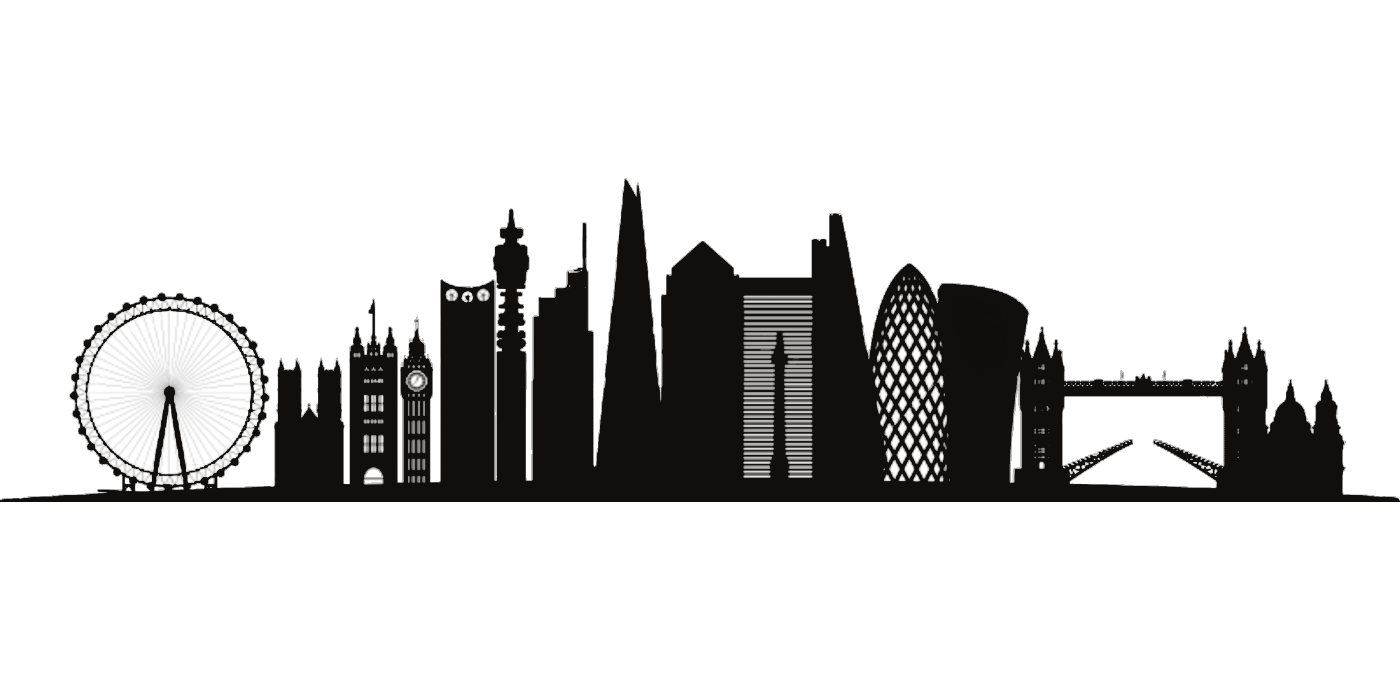
Suggested daily budget – 50-60 EUR / 58-70 USD (Note: This is a suggested budget assuming you’re staying in a hostel, eating out a little, cooking most of your meals, and using the local transportation. However, if you stay in fancier accommodation or eat out more often, expect this to be higher.)
Money Saving Tips
Sorry, no posts matched your criteria.
Overall, everyone’s preference is different and no two footprints will be the same.
The above are just a few suggestions and tips I picked along my journey, which I hope might be helpful to someone else’s.
If you have any suggestions yourself that you think would help other traveling comrades, please do share them in the comments below!
February 8, 2021


